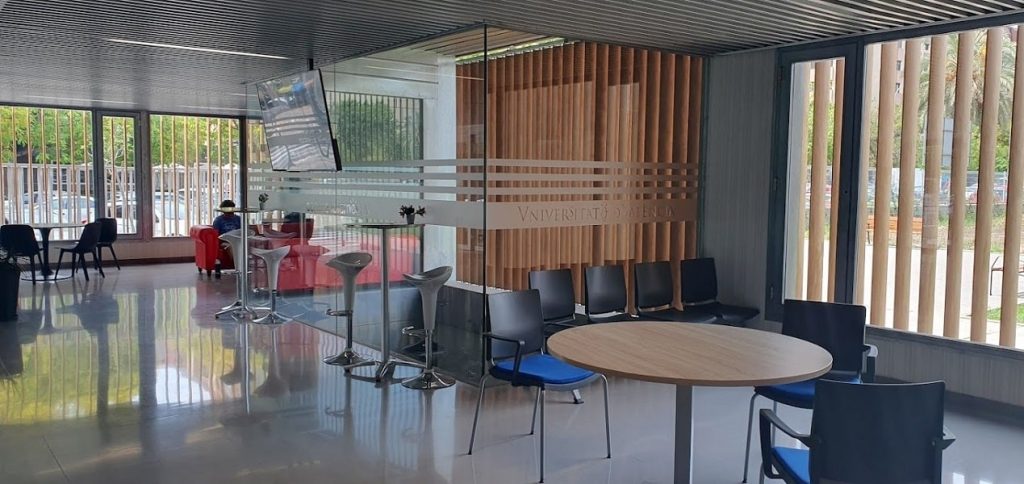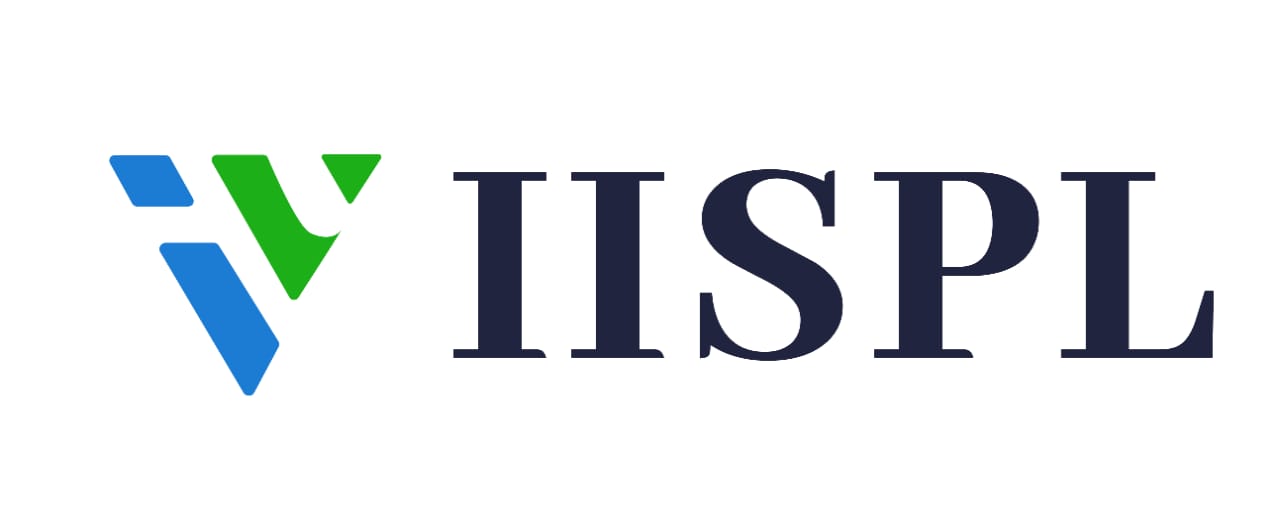Germany Study Visa

Why should you choose to study in Germany?
World-Class Education System
Diverse Range of Programs
Affordable Tuition-Free Education
Strong Economy and Job Prospects
Scholarships and Funding Opportunities
Rich Cultural Experience
Top German Universities for International Students
Germany is one of Europe’s most popular study destinations, known for its high-quality education, affordable tuition, and strong focus on innovation and research. With many programs offered in English and a globally recognized education system, Germany is ideal for international students seeking academic and career success in Europe. Below are top universities in Germany that cater especially well to international students.

🇩🇪 International School of Management (ISM)
📍 Multiple Campuses: Dortmund, Frankfurt, Munich, Hamburg, Cologne, Stuttgart, Berlin
ISM is a private business school offering internationally-oriented management programs. It emphasizes practical learning, international experience, and small class sizes.
Quick Facts:
Over 190 partner universities worldwide
Small class sizes and individual support
Integrated internships and study abroad options
Popular Programs:
International Management
Finance and Accounting
Marketing
Strategic Entrepreneurship

🇩🇪 Berlin School of Business and Innovation (BSBI)
📍 Berlin, Hamburg
BSBI offers career-focused programs in business, marketing, and technology. It’s known for its international student body, affordability, and strong links with global companies.
Quick Facts:
English-taught programs designed with industry input
Affordable tuition and flexible payment plans
Campuses in central Berlin and Hamburg
Popular Programs:
Global MBA
Digital Marketing
Entrepreneurship
Data Analytics

🇩🇪 IU International University of Applied Sciences
📍 Online + On-campus (Berlin & Bad Honnef)
IU is one of Germany’s largest private universities and is highly flexible, offering fully online, blended, and on-campus programs. It focuses on practical, career-oriented education with global relevance.
Quick Facts:
Over 100,000 students from 150+ countries
100% English-taught programs
Strong emphasis on digital learning and job-readiness
Popular Programs:
Computer Science & AI
International Management
Cybersecurity
Project Management

🇩🇪 International Hospitality Management & Global Studies (IHMGS)
📍 Germany + International Study Trips
IHMGS specializes in hospitality, tourism, and global business education. It offers immersive programs that blend academic learning with real-world experience through international exposure.
Quick Facts:
Strong focus on hospitality, tourism, and global business
International study trips and industry placements
Personalized career support and networking
Popular Programs:
International Hospitality Management
Global Business & Tourism
Luxury Brand Management
Event and Hotel Management
Cost of studying in Germany
Germany offers affordable or even tuition-free education for international students, particularly at public universities. While tuition fees are free or sometimes minimal, there are still additional expenses to consider such as accommodation, health insurance, transportation, and daily living costs.
Expense | Average Monthly Cost (in Euros) |
Accommodation | 300 – 600 |
Health Insurance | 80 – 120 |
Food/Groceries | 150 – 250 |
Transportation | 50 – 100 |
Study Materials | 20 – 50 |
Internet/Phone | 30 – 50 |
Miscellaneous | 100 – 200 |
Total (approximate) | 730 – 1,370 |
Need Expert Advice? Consult Our Specialists!
Indievisa’s immigration specialists provide personalized guidance and expert solutions to address your unique immigration queries and concerns.
Two intakes offered by universities & colleges in Germany
Winter Semester (Wintersemester)
The winter semester usually begins in October and is the primary intake for most programs. The application period for the winter semester typically starts several months in advance, around December to January of the previous year. Applying for the winter semester allows students to have a longer preparation period, as well as the opportunity to secure accommodation and settle into the new environment before the start of classes.
Summer Semester (Sommersemester)
The summer semester usually begins in April. While the number of programs offered in the summer semester is generally fewer compared to the winter semester, it still provides an opportunity for students to begin their studies at that time. The application period for the summer semester typically starts several months in advance, around September to October of the previous year.
Germany Study Visa Eligibility Criteria
You must have a letter of admission or acceptance from a recognized German educational institution, such as a university or college. Ensure that the institution and program you have chosen are listed and approved by the relevant authorities in Germany.
You are required to have health insurance coverage during your stay in Germany. It can be either public or private health insurance, depending on your circumstances. Proof of health insurance coverage must be submitted with your visa application.
Depending on the language of instruction of your chosen program, you may need to demonstrate proficiency in either German or English. Language requirements can vary between institutions and programs, so it’s essential to check the specific language requirements for your intended course.
You must have a valid passport with remaining validity of at least six months beyond your intended stay in Germany. It’s advisable to renew your passport if its validity is close to expiration.
You must provide evidence that you have enough financial means to return to your home country after completing your studies in Germany. This can be demonstrated through financial statements or a commitment letter from a sponsor.
You should arrange suitable accommodation in Germany and provide proof of your housing arrangements, such as a rental contract or confirmation from a student dormitory.
You must submit a completed visa application form along with the required documents to the German embassy or consulate in your home country. It’s important to submit your application well in advance, as visa processing times may vary.
Consult With Us
The Checklist you should follow if you want to study in Germany
Research Programs and Institutions
Research and identify the universities or colleges in Germany that offer programs aligned with your academic interests. Consider factors such as the program curriculum, faculty expertise, campus facilities, and reputation of the institution.
Check Admission Requirements
Review the admission requirements for your desired program, including academic qualifications, language proficiency tests (e.g., TOEFL, IELTS, TestDaF), and any additional documents or prerequisites.
Financial Planning
Determine your financial capacity and explore funding options, such as scholarships, grants, or part-time job opportunities. Calculate the estimated costs of tuition fees, accommodation, living expenses, health insurance, and other necessary expenses.
Prepare Application Documents
Gather all the required documents for your application, including academic transcripts, diplomas, certificates, and letters of recommendation. Ensure that your documents are properly authenticated, translated (if necessary), and meet the specific requirements of the institution.
Apply for Admission
Submit your application to the chosen institutions within the designated application period. Pay attention to deadlines and follow the application instructions provided by each institution. Keep track of your application status and any additional steps or interviews required.
Secure Funding
Apply for scholarships or funding opportunities that align with your profile and eligibility criteria. Prepare all necessary documents, essays, and letters of motivation required for scholarship applications. Keep track of application deadlines and ensure timely submission.
Accommodation and Travel Arrangements
Start searching for suitable accommodation options in the city or town where you will be studying. Consider factors such as proximity to the institution, rental costs, and amenities. Make travel arrangements, including booking flights and obtaining travel insurance, if applicable.
Health Insurance and Visa Application
Research health insurance options in Germany and ensure you have adequate coverage. Begin the visa application process by gathering all the required documents, including proof of admission, financial resources, health insurance, and a valid passport.
Prepare for Arrival
Attend any pre-departure requirements, such as attending visa interviews or orientation sessions. Make copies of all essential documents and keep them in a secure place.
Top Courses Offered by Universities/Colleges in Germany
Business and Management
Germany is a hub for business and management studies, attracting students from around the world. Prestigious institutions offer courses in business administration, international management, marketing, finance, and entrepreneurship.
Engineering and Technology
Germany has a strong reputation for engineering and technology education. Renowned universities offer courses in fields such as mechanical engineering, electrical engineering, civil engineering, computer science, and information technology.
Arts and Design
Germany has a rich artistic and creative heritage, and its universities offer a diverse range of courses in fine arts, graphic design, fashion design, architecture, and performing arts. These programs blend theoretical knowledge with practical training, allowing students to develop their artistic skills and creative vision.
Medicine and Life Sciences
German medical universities are highly respected globally, offering programs in medicine, dentistry, pharmacy, biotechnology, and other life sciences. These courses provide rigorous theoretical training combined with hands-on clinical experience.
Natural Sciences
Germany is a leader in scientific research and innovation, making it an excellent destination for students interested in the natural sciences.
Humanities and Social Sciences
German universities excel in the humanities and social sciences, offering courses in fields such as psychology, sociology, political science, history, literature, and languages. These programs provide a deep understanding of human behavior, society, culture, and historical contexts.
Best Colleges/Universities in Germany
College/University | Global Ranking |
Technical University of Munich | 50 |
Ludwig Maximilian University of Munich | 63 |
Heidelberg University | 64 |
Humboldt University of Berlin | 110 |
Free University of Berlin | 123 |
University of Freiburg | 145 |
RWTH Aachen University | 147 |
University of Tübingen | 157 |
University of Bonn | 177 |
Karlsruhe Institute of Technology | 181 |
